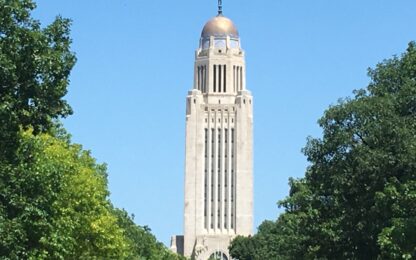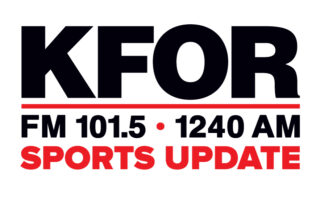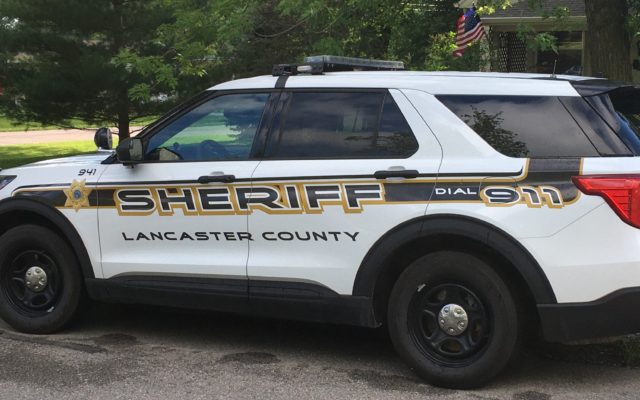Workforce shortage dominates business leader priorities

LINCOLN, NE (November 9, 2021) – Lack of available talent, in addition to factors that heavily impact community population growth, dominate the priorities of community business leaders going into 2022, according to an informal study released today by the NE Chamber.
These results from a summer of member surveys and listening sessions in 10 communities were released at the NE Chamber Economic Development Summit titled “Help Wanted: Solving Nebraska’s Workforce Crisis”.
“It’s almost all about people – where they want to work, what they need, what they enjoy, and what makes them stay,” said Bryan Slone, NE Chamber president. “This summit is one way we are telling our members and community leaders that we hear you loud and clear, and we are mobilizing even more to help.”
Approximately 300 community business leaders weighed in on top issues or opportunities impacting growth of their businesses and communities. When asked to rank their top three to five challenges and opportunities during recovery, 92% of participants put skilled workforce on the list. Housing at 67%, education and childcare at 54%, and recreation at 50% topped the list of opportunities facing communities. Other factors, such as technology, regulation and tax and infrastructure continue to weigh heavily on the minds of business leaders.
Slone pointed to a series of efforts that the NE Chamber promoted in 2021 to rebuild hard-hit sectors, recharge workforce with recruitment and customized training programs, expand childcare assistance to families that helps open career opportunities, deliver the first corporate income tax cut rate in at least 30 years, and help communities and Nebraska’s key sectors grow. Many of the initiatives were inspired by the Blueprint Nebraska economic development plan.
“We have accomplished a lot, but we have more work to do,” said Slone. “Nebraska also has a once-in-a-lifetime opportunity to deliver game-changing results due to infusions of federal funding after the pandemic. Now’s the time to think big.”
Also at the summit, Vice President of Institutional Effectiveness T. Hank Robinson, Ph.D., provided data on employment trends feeding the workforce crisis. Nebraska Department of Economic Development Director Tony Goins gave details on the state’s marketing campaign to attract new residents. Four breakout sessions were focused on inspiring solutions to the housing, childcare, technology and recreational challenges facing communities and employers. Top sponsors for the event included Facebook, Google, Lincoln Industries, Nebraska Public Power District, and 19 additional companies and organizations.






